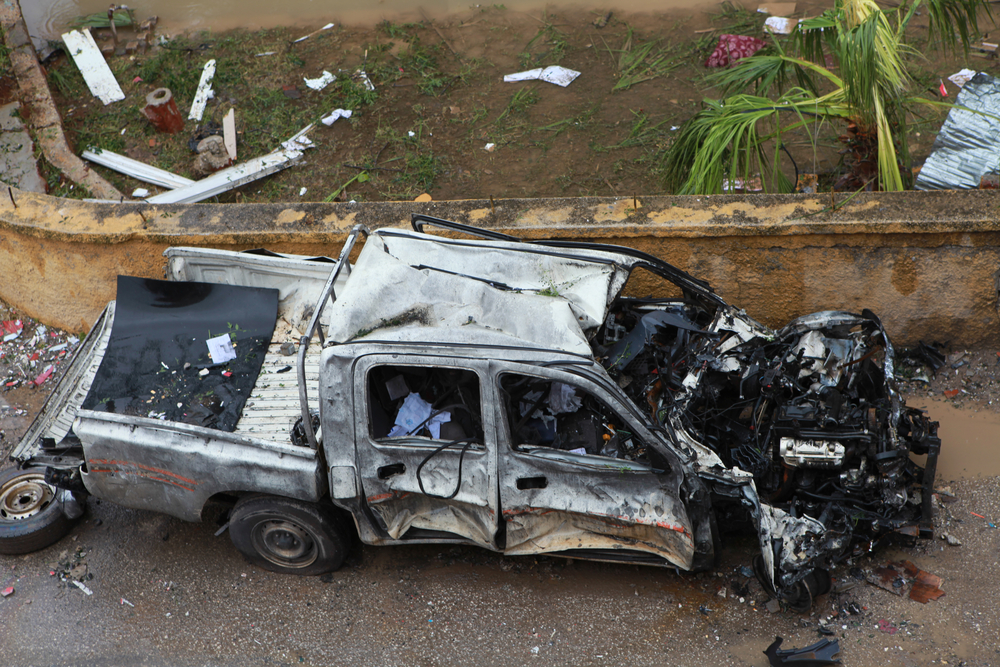
The Department of Homeland Security (DHS) Science and Technology Directorate would be tasked with developing new tools and safeguards to protect against vehicular terrorist attacks under a bill introduced in the House of Representatives on Tuesday.
U.S. Rep. Dan Donovan (R-NY) introduced the Shielding Public Spaces From Vehicular Terrorism Act in response to the vehicular terrorist attack on a Manhattan bike path on Oct. 31, and similar vehicular attacks carried out around the world.
“Just this week, we were reminded of the heightened terror environment our nation faces when an ISIS-inspired operative detonated a bomb in a New York City subway,” Donovan, the chairman of the House Homeland Security Subcommittee on Emergency Preparedness, Response, and Communications, said. “Not only are these types of lone wolf attacks becoming all too common, but terrorists are increasingly turning everyday tools, such as vehicles, into weapons. Violent extremists will continue to try and undermine our way of life, and it’s necessary that we bolster our anti-terror capabilities. This legislation will help us do just that.”
The bill would also give first responders access to the Homeland Security Grant Program and Urban Area Security Initiative funding that’s made available to mitigate security shortfalls in public spaces.
DHS Deputy Secretary Elaine Duke recently testified before the House Homeland Security Committee that defenses against attacks carried out with “guns, knives, vehicles and other common methods” must be enhanced.
“Today, the magnitude of the threat we face from terrorism is equal to, and in many ways exceeds, the 9/11 period,” Duke said. “While we have made it harder for terrorists to execute large-scale attacks, changes in technology have made it easier for adversaries to plot attacks in general, to radicalize new followers and to recruit beyond borders. The problem is compounded by the use of simple, ‘do-it-yourself’ terrorist tactics.”
Duke also highlighted the importance of securing “soft targets” like public spaces that could be susceptible to vehicular attacks.
“…Terrorists and other violent criminals are placing significant emphasis on attacking soft targets,” Duke said. “We have seen this with recent tragedies in Nevada, New York, and Texas. Although the department has previously focused on enhancing the security of such facilities, it has recently placed further emphasis on assisting the critical infrastructure community to secure these vulnerable facilities.”
To help achieve that goal, Donovan previously introduced the Stopping Threats on Pedestrians (STOP) Act. The bill would fund the installation of safety barriers in areas with lots of pedestrians to protect attacks.




